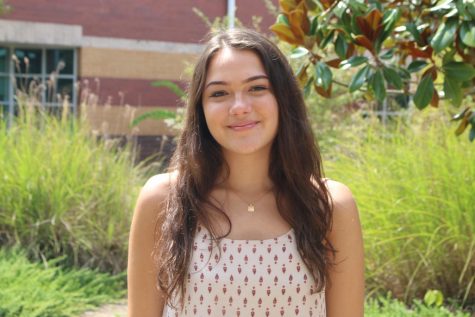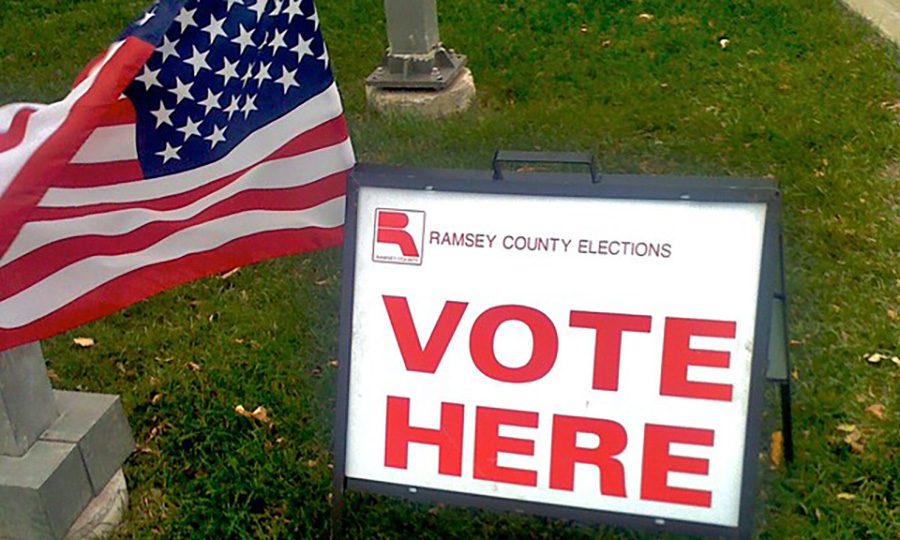Opinion: Changes need to be made on Election Day
Photo via Flickr (Tony Webster) under Creative Commons license
Turning Election Day into a national holiday or shifting it so it lands on a weekend instead of a Tuesday could result in many more eligible voters for each election.
As the cold finally begins to settle over the nation and November begins, we reach the first Tuesday of this crisp month — Election Day. Some may not find anything wrong with this day, but those who wish to vote on this day and are not able to definitely do.
America prides itself on its exemplary democratic principles, yet Election Day is set up in a manner that does not showcase such propositions. Many eligible voters are unable to visit the ballots on this day due to the distance, their jobs, and other priorities.
A CBNC article written by Abigail Hess stated that “non-voters cite scheduling conflicts and inconvenient polling locations among the top reasons they stay away from the ballot box.”
If we were to diminish such obstacles for these voters who have the opportunity to vote yet are unable to, then the percentage of non-voters could decrease.
Making Election Day a national holiday or having it fall on the weekend instead of a Tuesday can be one of the ways that the government can rest assured in knowing that more voters will turn out for future voting dates.
The law for voting on the first Tuesday of every November was passed by President John Tyler in 1845 — a time that was in many ways different compared to today. For example, during the time that the law was passed, over 50% of the United States population was in the agriculture business. In order to make sure that these workers could also vote, the government made sure that voting day would not fall during the farming season.
The same reasoning by the government needs to be applied to today’s society. Now, with over 155.76 million people working in the United States and only 2% of that population being in the agriculture business, it is not hard to realize that some changes must be made in order to properly adjust to the people of today and not of the nineteenth century.
If the government turned Election Day into a national holiday, then millions of these employed non-voters who cannot leave their jobs would have greater access to voting. Not only will it help the voters who have had job issues, but also the ones who have struggled to vote due to the distance.
If there is a day off specifically meant for voting, then citizens will have more time to travel to their designated voting destinations and therefore will be more inclined to go out and vote.
While this seems like a fair resolution, others, such as the Senate Majority Leader, feel that turning Election Day into a national holiday will be abused and Americans will simply take it as an “off-day” instead of going out to vote.
If this is what is stopping the government from turning Election Day into a holiday, then they can simply take the other route: having Election Day fall on a weekend instead of the first Tuesday. This way, every problem is solved — voters can vote on a day that does not interfere with their job, they can have time to travel to their voting locations, and there would be no advantage taken of Election Day holiday because it would not exist.
While we may not ever get 100% of eligible voters to vote, making voting more accessible and convenient for so many citizens by having Election Day turn into either a holiday or fall on a weekend would definitely help spike up the voting rate and increase participation from citizens nationwide.
If the government in 1845 could accommodate to the majority of their citizens at that time, then why can’t they do the same in 2019?
Opinions expressed in editorials are those of the writer(s). These views may not represent the adviser, The Prowler, advertisers/sponsors, the Starr’s Mill High School administration or staff , or Fayette County Public Schools as a whole. Please see our FAQs for more information pertaining to the rights of The Prowler’s staff members.




